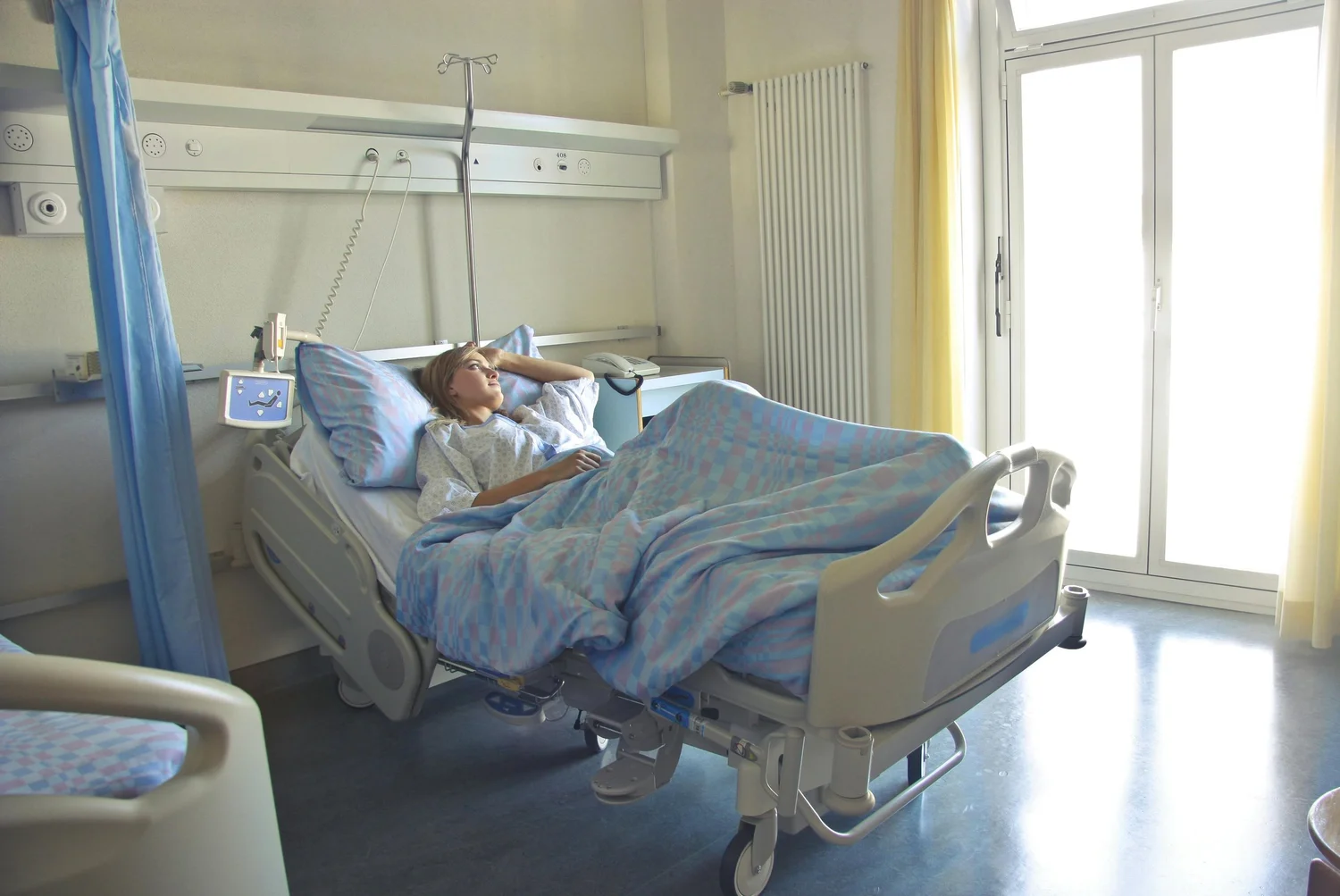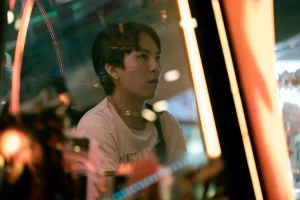The convergence of real-life medical malpractice cases and their portrayals in film often reflects deeper societal issues. These stories resonate with audiences, utilizing powerful narratives to drive home the gravity of healthcare failures. They illustrate that the consequences of negligence extend far beyond individual pain; they can affect entire families, communities, and the healthcare system itself. Films have the knack for dramatizing these experiences, pushing viewers to reconsider their trust in medical professionals.
Real-Life Tragedies on Screen
The narrative arc of medical malpractice in film often mirrors true events that provoke strong emotional responses. Movies challenge audiences to confront difficult realities and incite discussions about ethics in medicine. Titles like “The Rainmaker” highlight how a single malpractice case can profoundly impact lives and expose systemic failures within the healthcare system.
The emotional weight of these narratives emphasizes the stakes for individuals grappling with the ramifications of medical negligence. Protagonists in these stories often find themselves against formidable odds, underlining the harsh truth that seeking justice is rarely straightforward. It compels the audience to ponder how many others endure similar struggles alone, battling with pain and frustration while navigating the complexities of the law and medical systems.
A Betrayal of Trust
Trust forms the bedrock of the physician-patient relationship. When that trust is betrayed through negligence, the fallout can be catastrophic. The heartbreaking stories of patients enduring severe consequences due to malpractice exemplify the betrayal felt in their attempts to seek healing. Affected individuals may experience both physical suffering and emotional turmoil as they navigate the aftermath of a doctor’s mistake.
Films effectively depict the dramatic anguish felt by patients and their families when that bond is broken. These narratives don’t just reveal individual tragedies but highlight the need for accountability in the medical field. In a world where certain law firms, like Injury Law Firm – Trapani, assist victims in pursuing justice, the impact of malpractice law continues to evolve. This legal support is important for the healing process, as it allows victims to confront their pain personally and through systemic change.
Telling the Story of the Affected
Understanding the full scope of medical malpractice requires hearing from those most affected. Movies offer a platform for victims to share their harrowing journeys, turning their despair into lessons for society. These stories craft a narrative that transcends mere entertainment, educating viewers about the pitfalls of trusting the healthcare system too blindly. Not every case results in immediate litigation.
By shedding light on these narratives, film emphasizes the need for effective communication in healthcare and patient advocacy. The reality of lost lives, invasive procedures, and altered futures extends beyond the screen and into spirit-crushing realities for families. It remains important for these stories to be told, urging potential future patients to remain vigilant regarding their healthcare and actively question their treatment options.
The Role of the Legal System
The legal implications surrounding medical malpractice cases can be as complex as the stories themselves. Films analyzing the courtroom dynamics reveal intriguing insights into how justice is pursued after tragedy strikes. These narratives help audiences understand the intricate legal considerations involved in malpractice lawsuits, often portraying the hurdles faced by victims as they navigate their cases.
Victims frequently confront powerful medical institutions and their extensive legal strategies, making their road to reclaiming their lives increasingly difficult. These stories stress the importance of advocacy, from family and friends, and through legal means. Victims must arm themselves with knowledge and resources to combat the odds stacked against them.
Awareness and Advocacy Through Storytelling
Film can catalyze awareness, inspiring advocacy for systemic change in the medical field. By humanizing the statistics surrounding medical malpractice, viewers can empathize with the individuals affected. Research indicates that as many as 440,000 fatalities occur annually due to preventable medical errors in the United States alone. These staggering figures provide context for the narratives presented in films, emphasizing that they are not mere fiction but are conveyed from lived experiences.
Effectively illustrating these statistics may influence viewers to advocate for better policies and practices within healthcare institutions. Through storytelling, audiences discover the importance of keeping healthcare providers accountable while promoting an understanding of ethical practices in medicine. When audiences connect with these stories, they become more likely to demand change and support reforms aimed at reducing medical errors and improving patient safety.
When Art Imitates Life
The saying “art imitates life” rings true in the context of medical malpractice. The stories depicted on the big screen resonate with audiences because they reflect authentic human experiences. Art can stir emotions and provoke discussions that lead to a greater understanding of societal issues, including those impacting healthcare.
Documentaries and fictional films alike play a significant role in reflecting the realities of these tragedies, often creating a sense of urgency that demands attention. Living vicariously through such portrayals allows audiences to reflect on their experiences with healthcare and their expectations for safety in medical settings.
The intersection of medical malpractice and storytelling in films captivates, educates, and empowers viewers. By showcasing personal experiences and realities that comprise complex legal battles, these narratives urge us to confront the potential dangers within our healthcare system. They serve not only as entertainment but as compelling catalysts for change, advocating for those who have endured hardships due to negligence.



